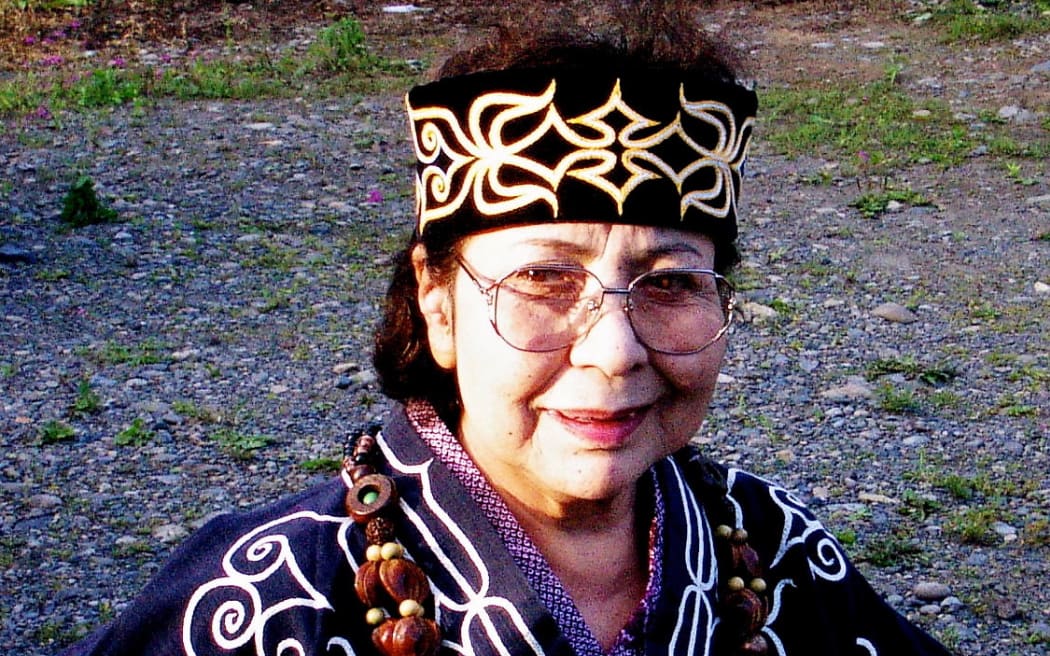
Umeko Ando Photo: Bandcamp
There is something otherworldly about musical field recordings. Perhaps it lies in the inherent ability of recordings to transport you to another place and time, but a field recording can be more immersive than a polished and refined studio recording. It’s a record of the artist or the song as they exist in the world.
Upopo Sanke by Umeko Ando was recorded on a farm in Hokkaido, Japan’s northernmost island. You can hear dogs barking in the background occasionally and people talking amongst themselves at the start and even occasionally in the middle of some of the songs and it’s these snippets of sound that make you feel as if you are there in the room, even if you don’t really know where the room is.
The details of the farm’s location are somewhat secretive and for good reason. Umeko Ando was part of the Ainu the indigenous people of Hokkaido who have faced discrimination and oppression at the hands of the Japanese government.
Umeko Ando died in 2004 but in her lifetime she was recognised as one of the most prominent traditional Ainu musicians. This album was produced by Oki Kano a musician of mixed Japanese and Ainu ancestry who plays the Tonkori, a traditional Ainu stringed instrument. His work usually mixes the Tonkori with outside influences such as reggae, rock and afrobeat and there are traces of those influences in his contributions here.
Umeko and Oki are joined by members of the ainu vocal group Marewrew, traditional percussionists and a male vocalist who provides, what are described in the liner notes as “Rhythmic shouts” as well as that fascintating technique found in indigenous cultures the world over, throat singing.
In the Ainu language Upopo Sanke means “lets sing a song”. Upopo refers specifically to a type of Ainu folk song that was sung on a daily basis, often centred around a game or a specific task. However, these repetitive, rhythmic songs were not used to simply pass the time whilst doing mundane work, many of them had a spiritual element. They were sung to ask for luck before hunting expeditions, as a prayer of thanks before meals, or as the case with Iuta Upopo which is included on this collection, used to ward off evil spirits whilst performing a certain chore.
There is a serene hypnotic quality to these recordings. They circle round on themselves in a way that draws you in so you can easily forget how long you’ve been listening to a piece for. There is a frailty in Umeko’s voice that enhances the gentle feel of the music but also speaks to its humanity. There is a sadness here as well though. Umeko Ando was one of a dying generation who had inherited these songs and had worked hard to preserve them in the face of adversity and cultural oppression. Records like these serve not only to preserve her work but Ainu music as a whole.
Upopo Sanke is a wonderful document of this aspect of the Ainu culture. It’s incredibly atmospheric and despite the language barrier, you get very strong sense of the place it was recorded and of those who made it. Even in the instrumental tracks, like Mukkkuri Hawehe which features a traditional mouth harp, you can imagine hearing the music echoing across the land as a distant thunderstorm rolls in over the hills.

